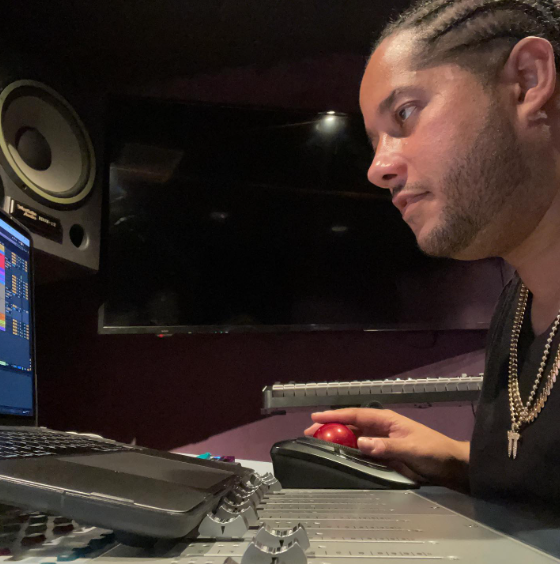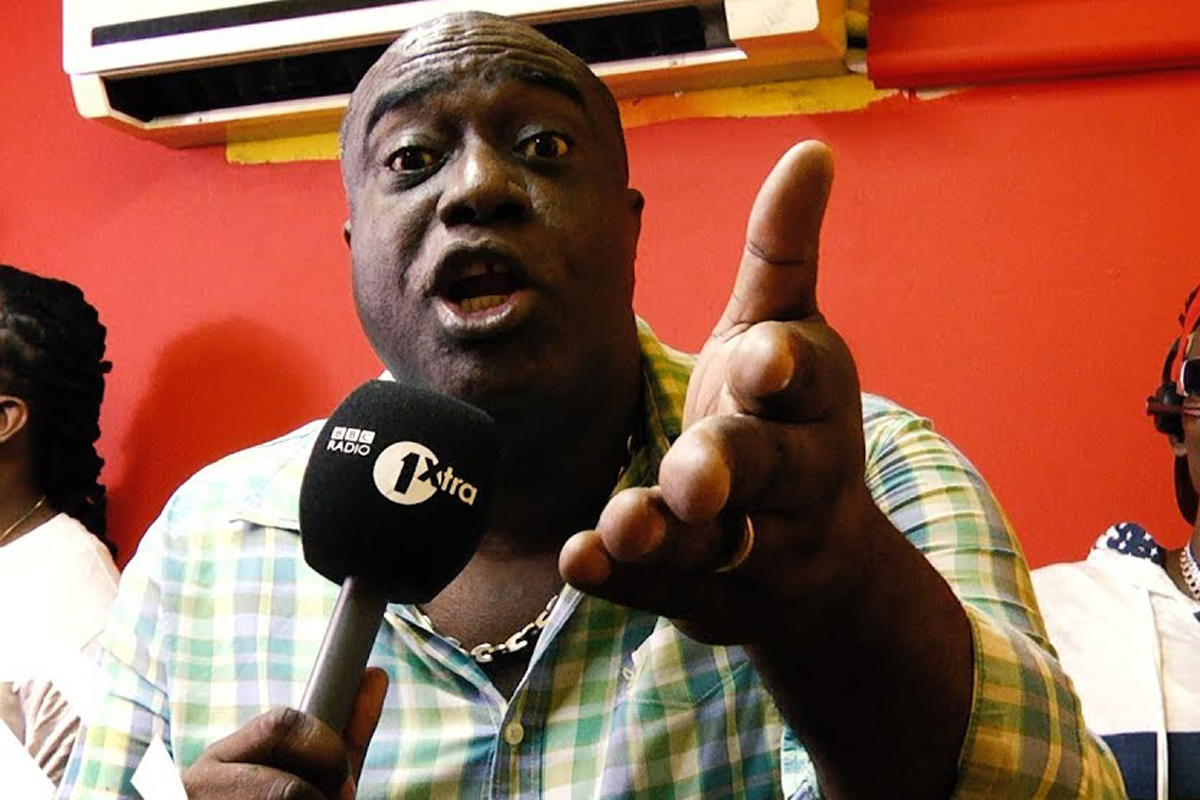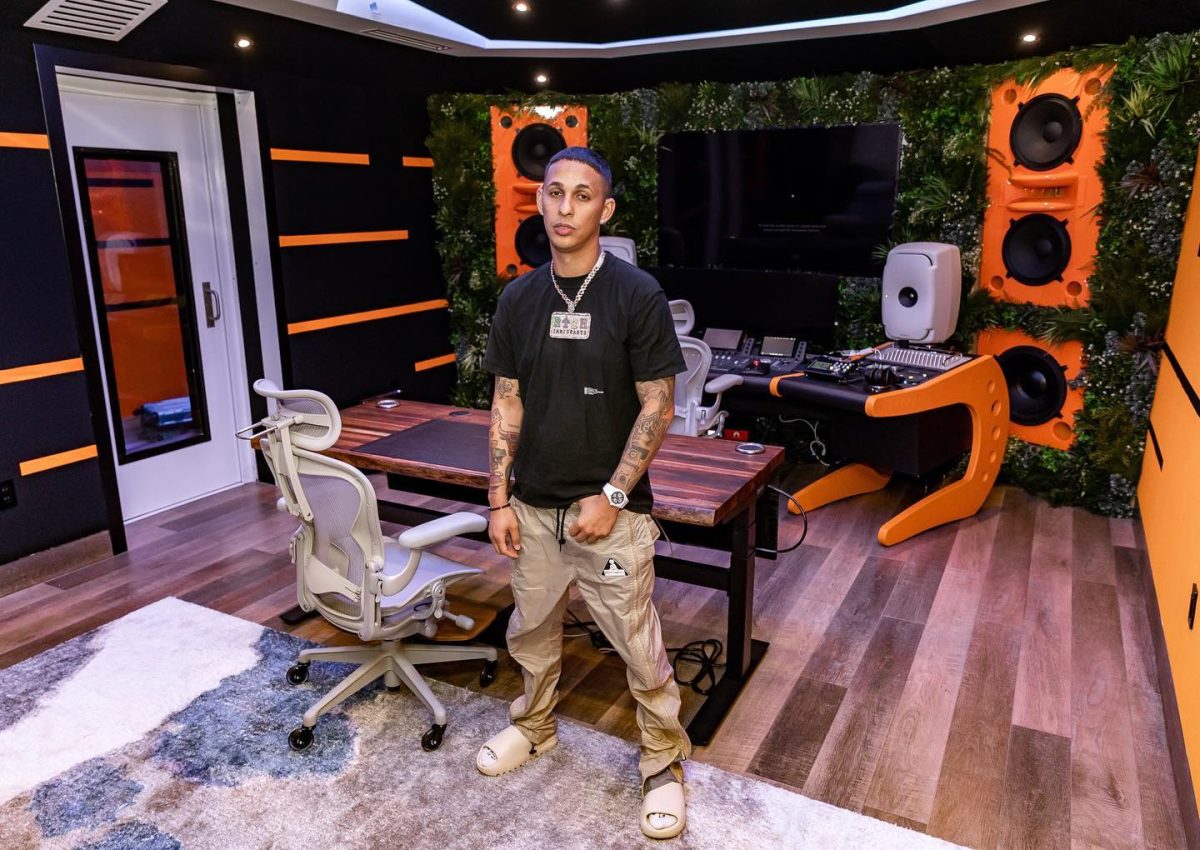Beenie Man Says Rvssian, Don Corleon’s Migration From Jamaica Has Left A Void In Dancehall

The migration of Go-Go Club riddim producer Rvssian and Drop Leaf mastermind Don Corleone has left Jamaican artists in a dilemma, as the two were among the last few of a vanishing breed of the island’s music producers of substance, according to King of the Dancehall Beenie Man.
Speaking in a recent Onstage interview with entertainment journalist Winford Williams, Beenie rued the days when producers guided and led the way for the artists, which resulted in a slew of global Dancehall hit songs.
“Di whole a di bad producer dem, dem nuh live a Jamaica again. Don Corleon, him gone; him nuh live a Jamaica again. Yuh have Rvssian. Those are the last producer dem. Mi a tell yuh di honest truth. Caw dem man deh actually produce, siddung and produce a song. Dem can write lyrics, gi yuh a likkle punch line, gi yuh a likkle verse right deh suh and sen yuh inna di right direction,” Beenie Man said.

In general, music producers are at a minimum, expected to be at least familiar with the fundamentals of music sound, various families of musical instruments, the human voice and have good ear training in order to identify intervals, notes, and chords and hear minor changes or minute nuances in the music, in order to perfect the mix of the sound.
However, Beenie pointed out that what exists today on the Jamaican music scene leaves a lot to be desired, as persons ascribing themselves the title of producers appear to be only creating beats and sending them to artists to voice whatever they wish, and offering no further input.
“Yuh hardly have producers anymore. Yuh have a man weh have a riddim an him sen it guh gi yuh, an him wait until yuh sing pon it an sen it back guh gi him and him release it. No more Dave Kelly nuh deh here. Yuh nuh have no more Tony Kelly,” the Art and Life artist lamented.
“Yah. Really and truly, producer jus sen a riddim come gi yuh an seh him want a gyal song because a deh suh him a guh, but him nuh deh deh fi gi yuh no frame a mind which part, wha kinda gyal song yuh fi sing… Di yute dem jus a meck music. Fi di last 10, 15 years, the last 20 years, producer jus a meck music,” he continued.
Beenie also compared the current situation with that which entailed in the heydays of Tony Kelly, the brother of legendary Dancehall producer Dave Kelly, one of his trusted producers who has provided artists, including himself, with critical guidance in songwriting and structure over the years.
“If yuh guh voice fi a Tony Kelly right now him can tell you exactly where to go, what to do when to, and what not to do… Because yuh have di lyrics enuh, but sometime yuh put di wrong word a di wrong place. And him a seh ‘yuh know seh if yuh move dat and put it deh suh it wi work’? An when yuh teck it an put it deh suh, it work. Because him have a ears for hit songs. An when him hear hit, him hear hit,” Beenie said.
“Tony Kelly still produce Shaggy; him still produce Sean Paul, him still produce me. Him produce a lot a artiste, because yuh like fi work wid a producer weh can sen yuh in the right direction,” he added.
Beenie Man is not the only Dancehall stakeholder who has lamented the mushrooming of beatmakers and beat-buyers who have presented themselves as producers.
In October 2022, Dancehall producer Mario ‘Dunw3ll’ Dunwell had expressed concern about persons with no musical acumen calling themselves producers, pointing out that unless they know the rudiments of song production, they are investors, and not producers.
“We have people that are coming in the music and they buy a beat, pay a artiste fi voice, pay dis man to play it, pay for video, whatever, and then they call themselves a producer… And it’s like, there is nothing wrong with what you are doing, but you are an investor; you are not a producer,” he had said during an interview on The Entertainment Report.
A month earlier, award-winning music producer JonFX had said current Jamaican Dancehall songs were failing to rack up numbers on streaming platforms such as Spotify, as the majority are improperly produced and lack “the basic rudiments of music structure,” particularly melodies.
He also said beatmakers, who do not know the rudiments of song production or songwriting, were the ones assuming the role of producers instead of “producers who can sit and say: ‘send me that vocal, let me find that vocal; let me find that chord structure; let me find what works around the voice’.”
And, in March last year, veteran deejay Admiral Bailey had said that the Dancehall genre was in deep trouble, due to among other things, the majority of the new persons ascribing onto themselves the title of music producers, do not know the basic tenets of music, including the seven-letter Musical Alphabet: “A, B, C, D, E, F, G”.
The Big Belly Man deejay had said that the only input the musically-deficient producers have made is to, “guh pon di laptop and dem squeeze and it play a likkle riddim and dem seh: ‘yeh man, a bad riddim’”.

In November 2021, Dancehall deejay Devin Di Dakta had said he was unimpressed with those referring to themselves as music producers without even knowing or understanding even the basics of music production. He had also pointed out the need for producers to take artistes under their wings and groom them musically.
“But how many “PRODUCERS” actually know how to “PRODUCE MUSIC”? 🤔 All I’m seeing is people calling themselves producers, buying beats, pay artists to record and send it to distributors hoping that the artist’s clout will make the songs go viral so dem (the “Producers”) can collect a $200 Cheque a month time till it stop,” the St. Mary native said.



